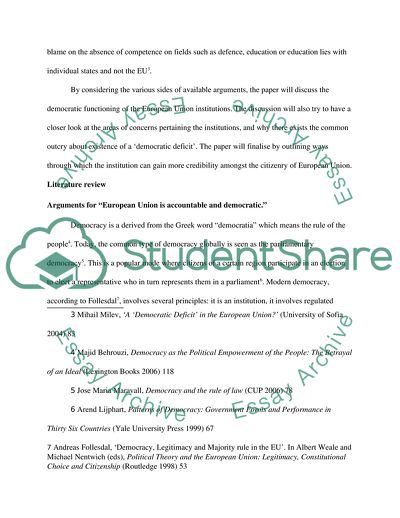Cite this document
(Democratic Functioning of the European Union Institutions Coursework, n.d.)
Democratic Functioning of the European Union Institutions Coursework. https://studentshare.org/law/1848583-european-union-law
Democratic Functioning of the European Union Institutions Coursework. https://studentshare.org/law/1848583-european-union-law
(Democratic Functioning of the European Union Institutions Coursework)
Democratic Functioning of the European Union Institutions Coursework. https://studentshare.org/law/1848583-european-union-law.
Democratic Functioning of the European Union Institutions Coursework. https://studentshare.org/law/1848583-european-union-law.
“Democratic Functioning of the European Union Institutions Coursework”. https://studentshare.org/law/1848583-european-union-law.


